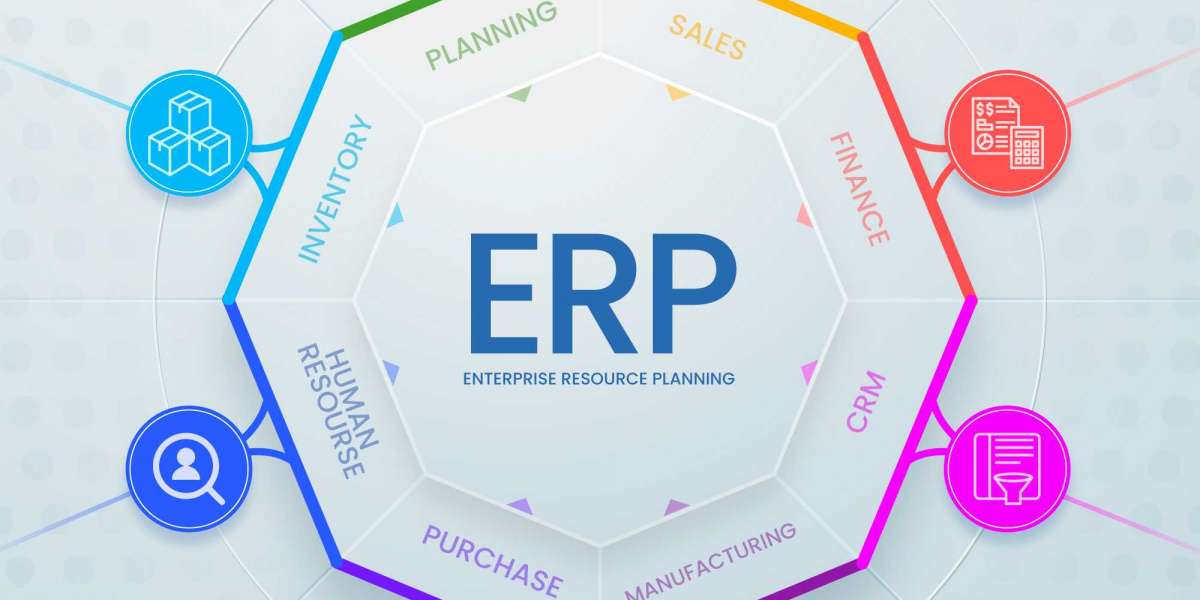As businesses continue to evolve, the demand for efficient and flexible software solutions is more pressing than ever. By 2025, the global market for Enterprise Resource Planning (ERP) systems is projected to exceed $60 billion, emphasizing the crucial role these systems play in streamlining business processes and enhancing productivity. Many organizations are turning to agile methodologies to improve their ERP software development processes, allowing them to respond swiftly to changing business needs. This article delves into how agile practices are transforming ERP development and why they are essential for modern businesses.
Understanding agile methodologies
Agile methodology emphasizes iterative development, allowing requirements and solutions to evolve through collaborative efforts. This approach is characterized by:
- Customer Collaboration: Continuous interaction with clients ensures that the software meets their needs effectively.
- Iterative Development: Rather than delivering a complete product at once, agile focuses on developing features in small increments, allowing for regular feedback and adjustments.
- Flexibility and Adaptability: Agile allows teams to pivot based on stakeholder feedback and changing market conditions.
These principles lead to more efficient and effective development processes, particularly in the context of ERP systems.
Benefits of Agile in ERP Development
- Faster Time-to-Market:
Agile methodologies enable ERP software development companies to deliver functional components more quickly. By breaking the project into smaller, manageable pieces, businesses can start using essential features sooner, thereby reducing time-to-market. - Enhanced Collaboration:
Agile promotes cross-functional teamwork, bringing together developers, business analysts, and stakeholders. This collaboration fosters a better understanding of requirements and helps address potential issues early in the development process. - Improved Quality:
Regular testing and feedback cycles allow teams to identify and fix bugs more efficiently. This ongoing quality assurance results in a more reliable ERP system that meets users' needs. - Increased customer satisfaction:
With agile, clients are involved throughout the development process, allowing for real-time adjustments based on their feedback. This level of engagement ensures that the final product aligns with their expectations, ultimately enhancing customer satisfaction. - Greater Flexibility:
Agile methodologies provide the flexibility to adapt to changing requirements. As businesses evolve, their ERP systems must also adapt. Agile allows for modifications and enhancements to be made without significant disruptions to the overall project.
Agile Practices in ERP Development Companies
To effectively implement agile methodologies, ERP software development companies utilize various practices:
- Scrum Framework: Many teams adopt the Scrum framework, organizing work into sprints. Each sprint typically lasts 2-4 weeks, focusing on delivering specific functionalities.
- Daily Stand-ups: Brief daily meetings encourage team members to share progress, identify obstacles, and plan the day's tasks. This practice enhances communication and accountability.
- User Stories: Teams create user stories to articulate the needs of the end users. This approach helps prioritize features based on user requirements and business value.
- Retrospectives: After each sprint, teams conduct retrospectives to evaluate what went well and what could be improved. This reflection fosters continuous improvement within the development process.
Challenges of Implementing Agile in ERP Development
While agile methodologies offer numerous advantages, some challenges can arise when implementing them in ERP development:
- Cultural Shift: Transitioning to agile requires a cultural change within organizations. Teams must embrace collaboration and openness to feedback, which can be a significant shift for some.
- Integration with Existing Systems: Integrating agile practices with existing development methodologies and legacy systems can pose challenges, necessitating careful planning and execution.
- Scaling Agile: As companies grow, scaling agile practices across multiple teams can be complex. Establishing consistent processes and communication channels is essential to maintaining agility.
Conclusion
Agile methodologies are reshaping the landscape of ERP software development. By fostering collaboration, enhancing flexibility, and focusing on customer satisfaction, these practices enable ERP software development companies to create solutions that truly meet the needs of modern businesses. As organizations look to leverage the benefits of agile, it is crucial to partner with an experienced ERP software development company. By embracing agile methodologies, businesses can unlock new levels of efficiency and adaptability in their operations. To navigate the complexities of ERP development effectively, visit us to learn more about how agile practices can drive growth and success in your organization.




